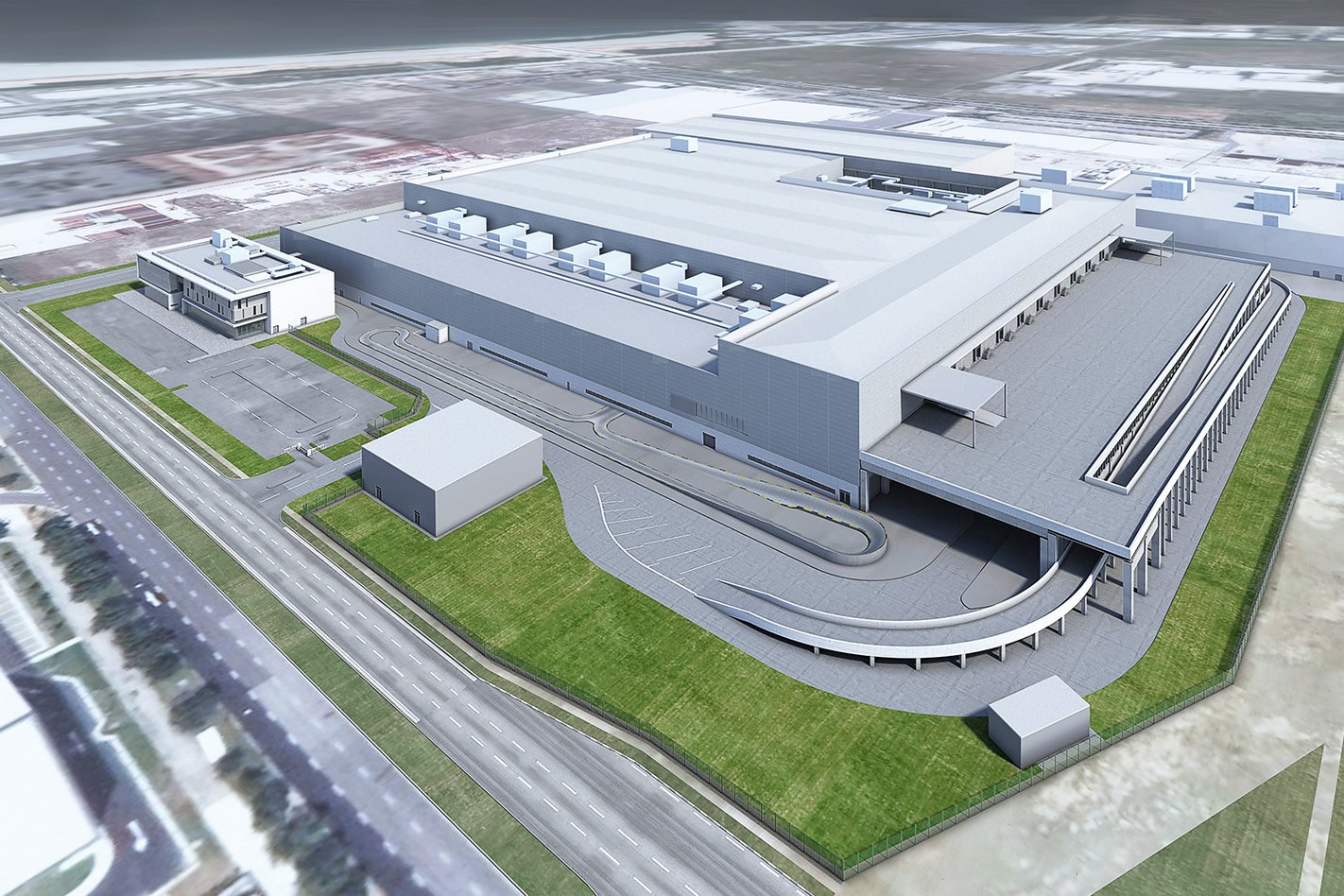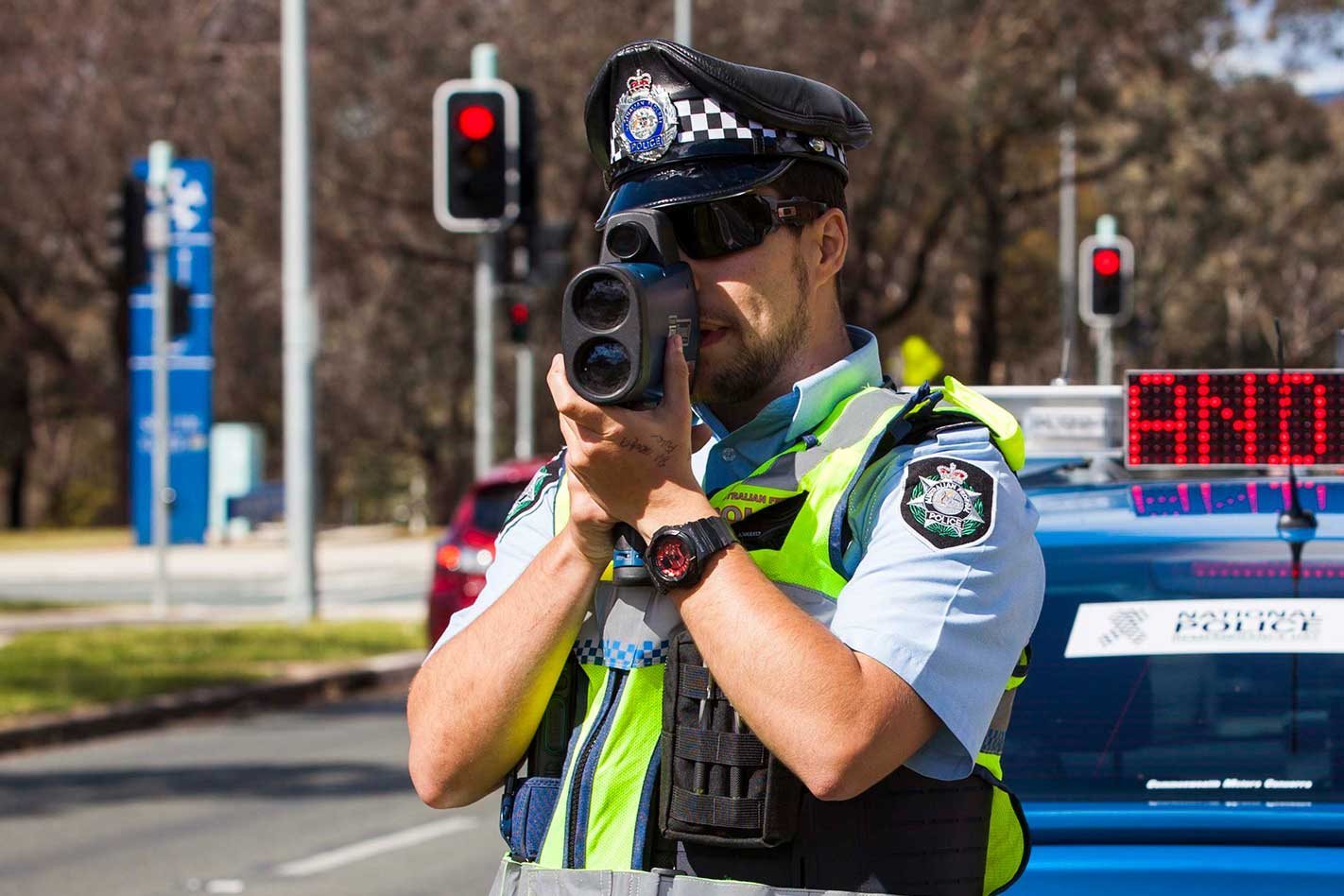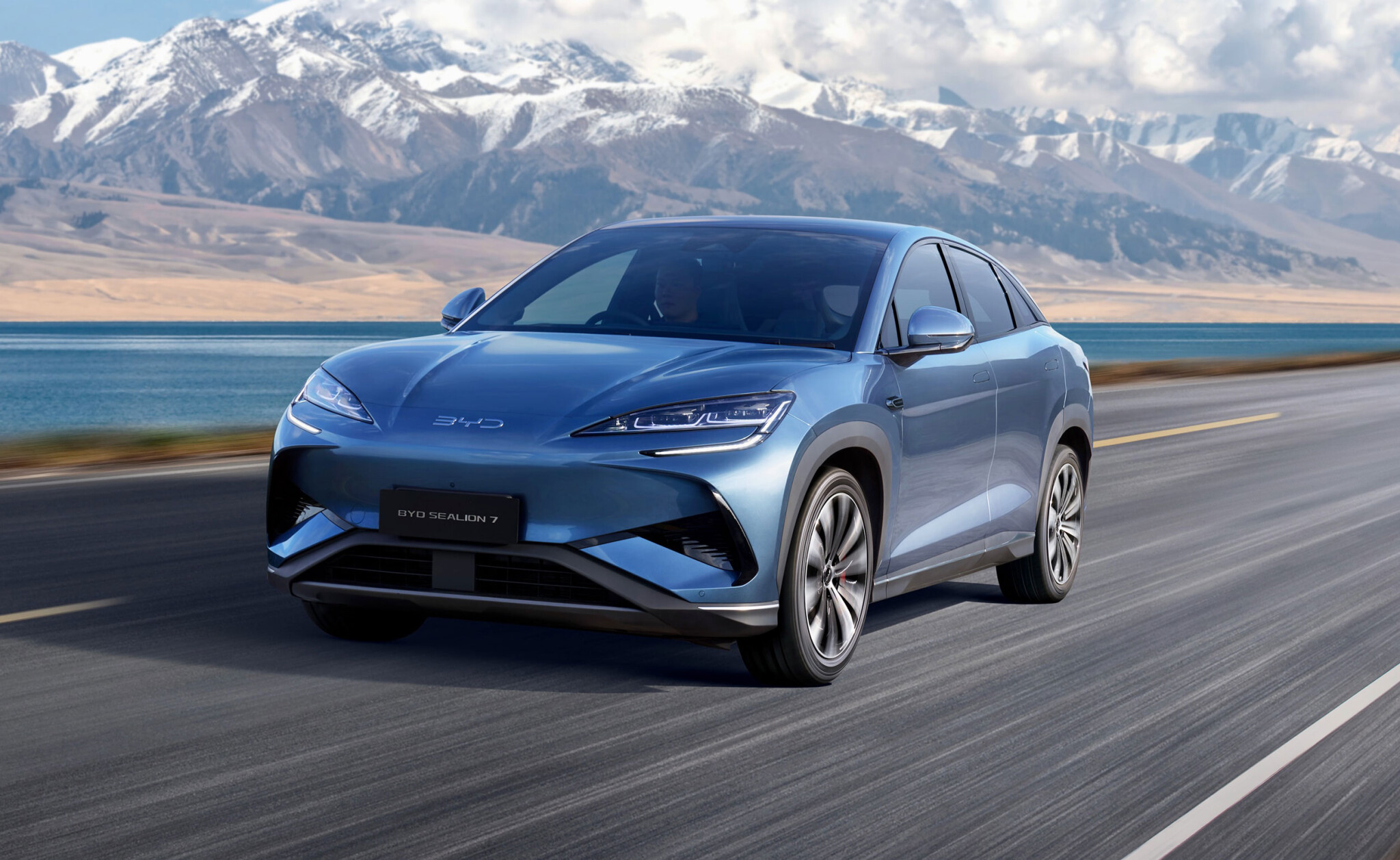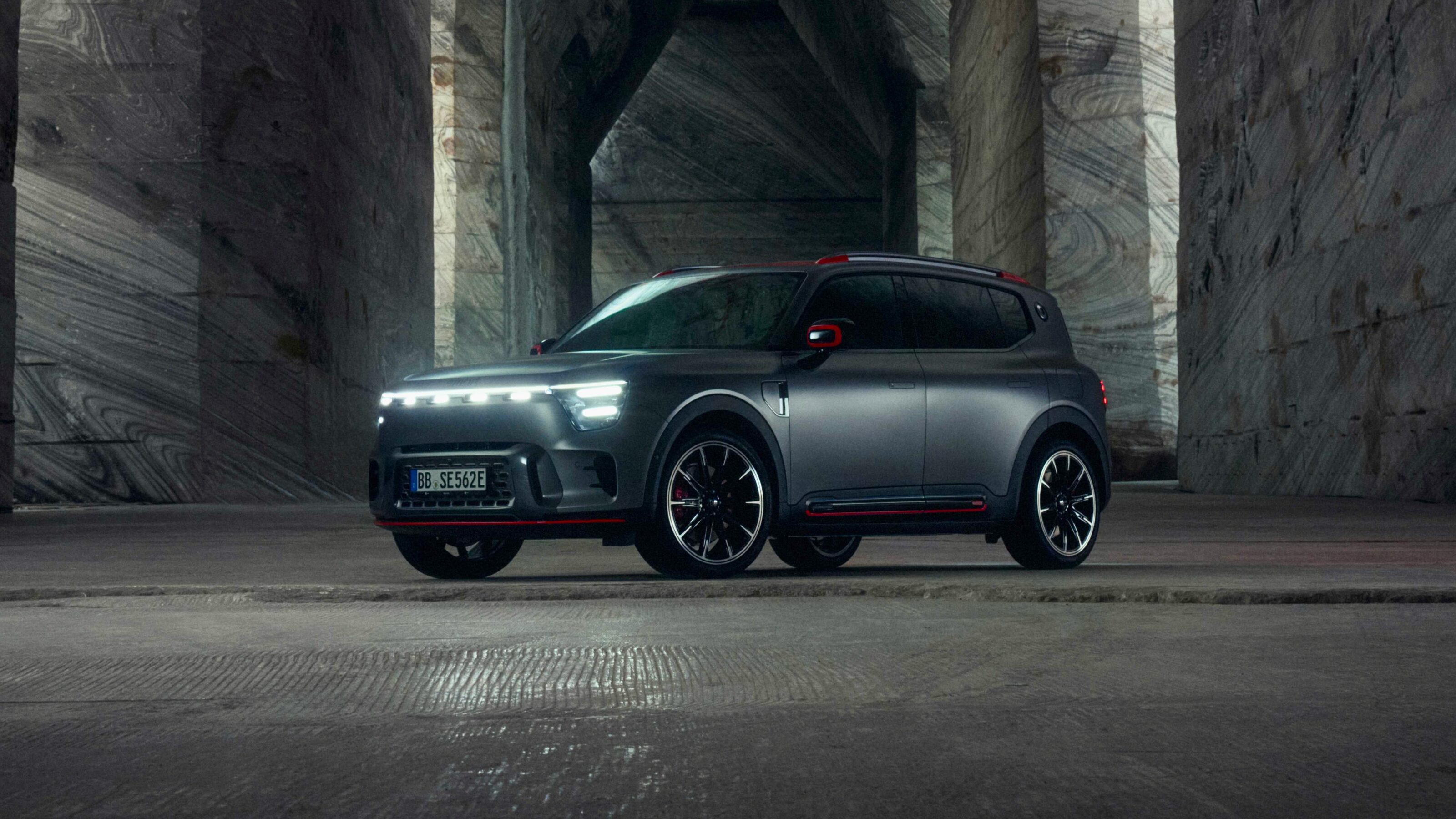DYSON has had its eye on electric vehicles for some time, but we now know more about its plans to build a car-making facility in Singapore starting in December.
The vacuum cleaner manufacturer will spend part of its $3.7 billion EV investment on a purpose-built two storey factory, which is expected to be completed in 2020.
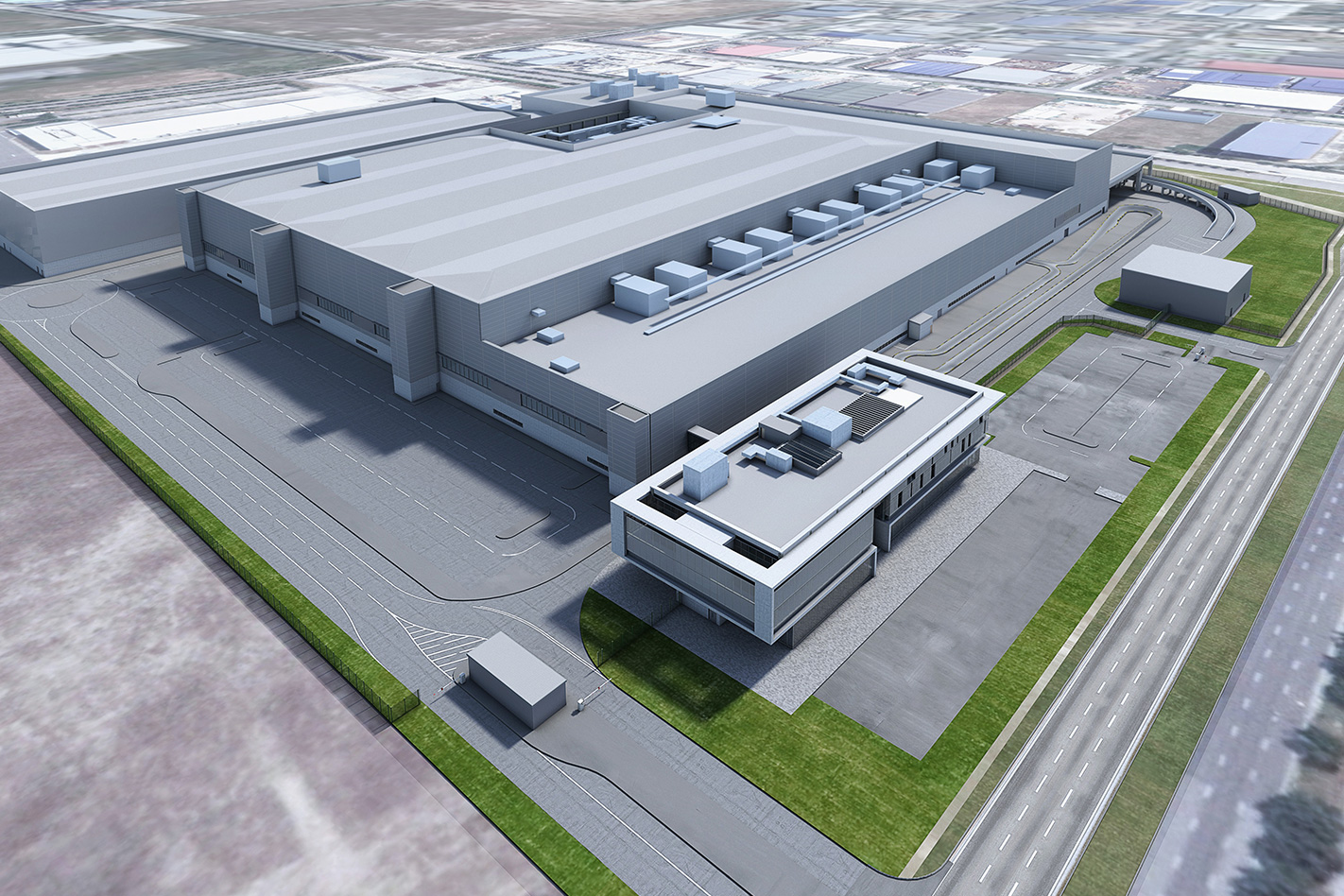
Dyson’s tight timeline suggests that once construction is completed, production of its first EV should be up and running from 2021.
This news comes after the company showed its electric car proving ground back in August. The old Hullavington Airfield in Wiltshire, UK will host a Dynamic Handling Track, a Vehicle Stability Dynamic Platform, an Off Road Route, a Hill and Handling Road, a Fast Road and a series of test slopes.
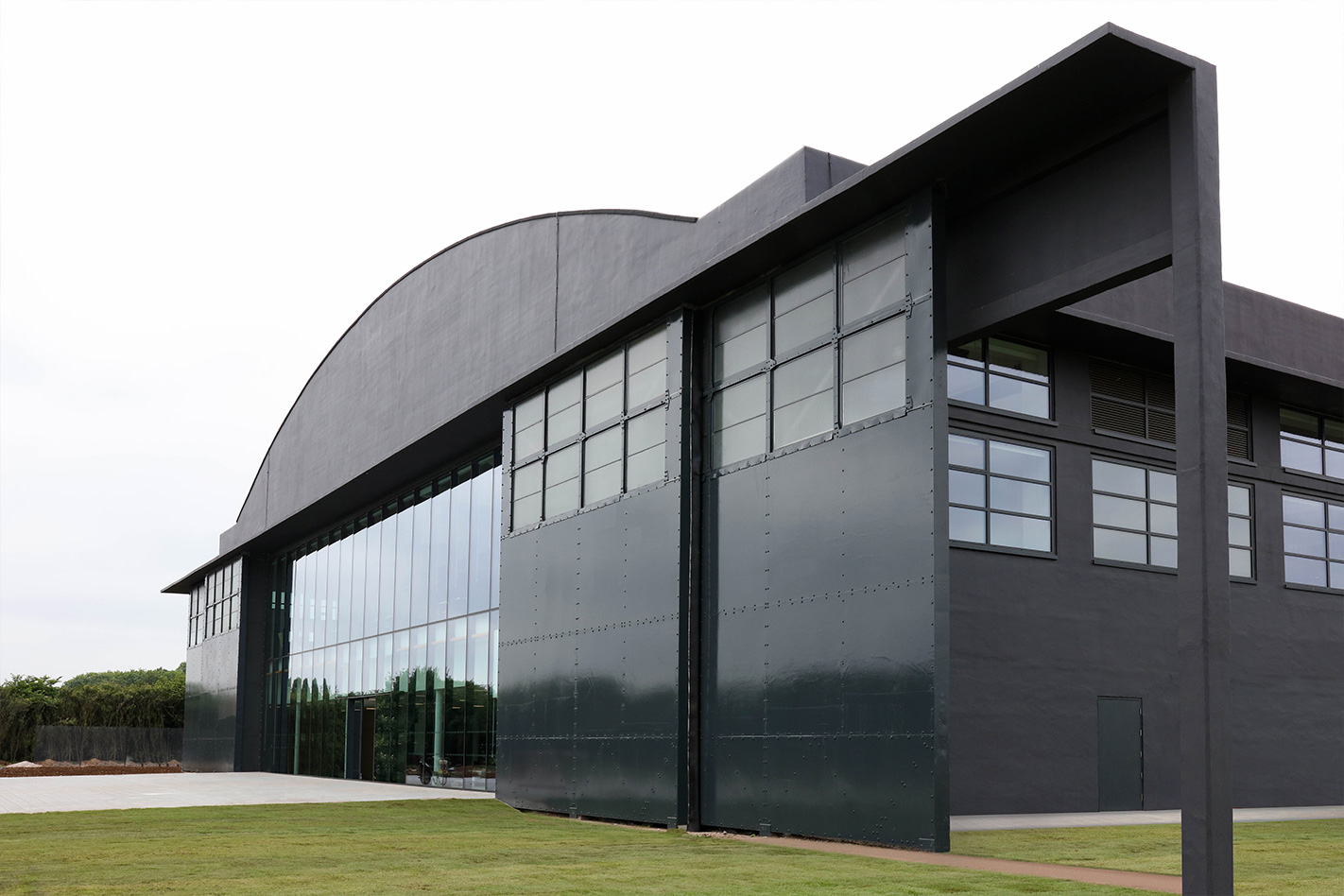
Despite the company’s base being in Britain, CEO Jim Rowan cited several reasons for its factory location in an email to employees as to why it has elected to build EVs in Singapore, including closeness to “high-growth markets as well as an extensive supply chain and a highly skilled workforce”.
Dyson already has interests in the neighbourhood, with more than 1100 employees and several factories in both Singapore and Malaysia producing high-speed digital motors used in their bagless vacuum cleaners and hair dryers.
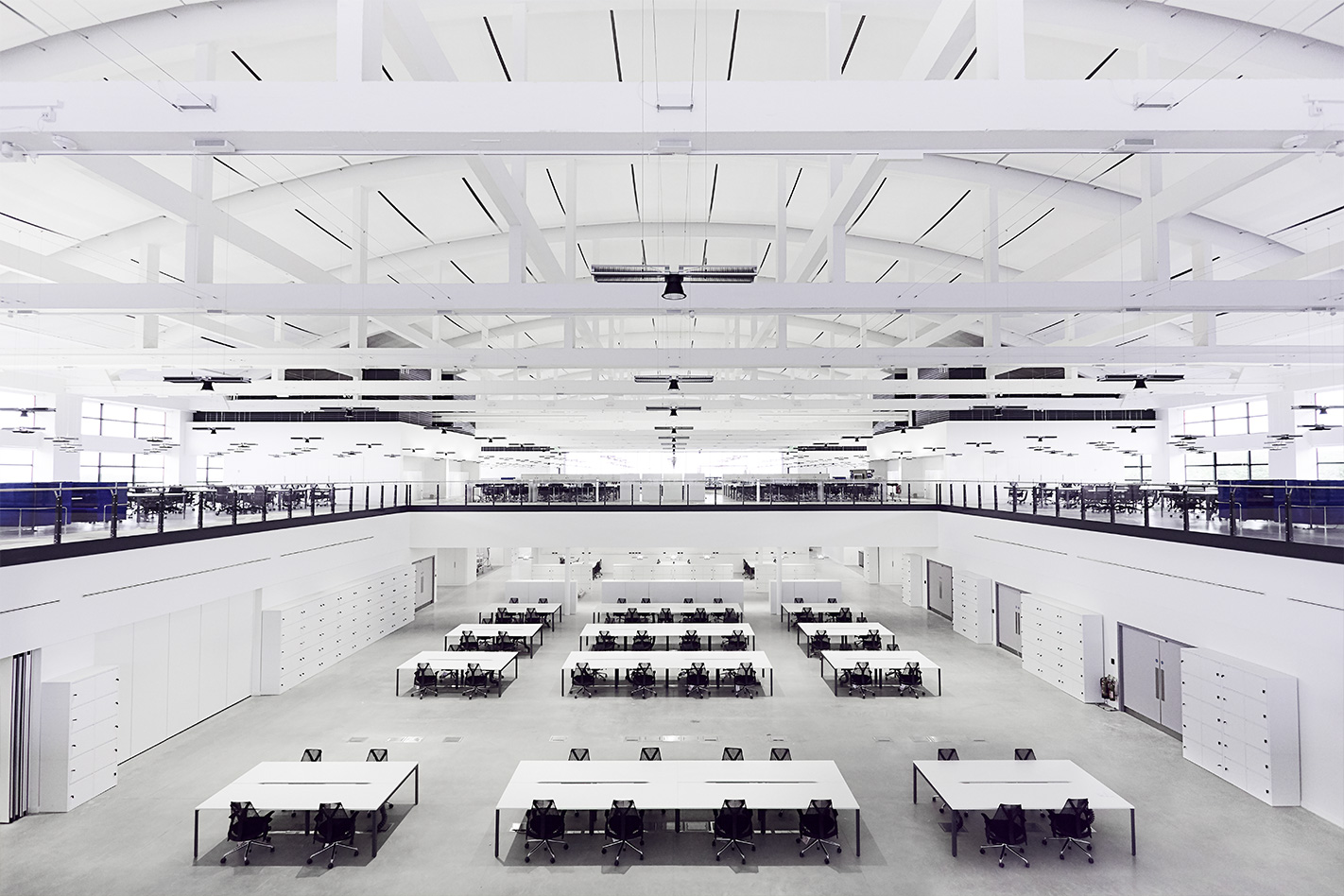
The company backs itself in its left-field decision to begin manufacturing cars – with hardware including batteries and digital motors developed primarily for its vacuums set to port across to its car-making process.
Dyson also bought-out American solid-state battery company Sakti3 three years ago, which was one of the first hints that it might be moving towards electric vehicles. The start-up is said to have engineered new batteries that are twice as dense as those which are used in Tesla’s models.
It is also understood that key employees have been brought across from Tesla to work on the Dyson EV project.

